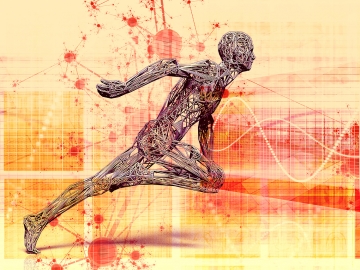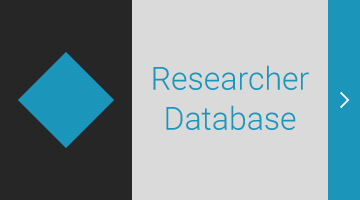Cyanobacteria’s halt of genetic expression at night revealed to be active response
A research group of Professor Hideo Iwasaki (Faculty of Science and Engineering), Sotaro Takano (PhD graduate from Graduate School of Advanced Science and Engineering), Professor Kintake Sonoike (Faculty of Education and Integrated Arts and Sciences), and Professor Jun Tomita (Nagoya City University) has discovered that the photosynthetic Synechococcus cyanobacteria immediately begins consuming energy and decomposing mRNA once it enters a dark environment, revealing the bacteria’s transition to nocturnal dormancy to be a proactive process.
The intracellular patterns of many organisms change between day and night. Even when looking at genetic transcriptions that trace protein creation, it is understood that changes in light and darkness and an organism’s biological clock activate and control a great number of genes. Among these, the most dramatic changes of the Synechococcus cyanobacteria have been captured. At night, this organism’s genetic expressions come to a halt and 90% of mRNA molecules (molecules that convey genetic information) decompose. As the sun comes up, the organism begins an extensive restoration of its genetic transcriptions from the ground up. This dramatic pattern was previously regarded as a passive mechanism when photosynthesis comes to a halt and all energy is exhausted.
This research’s revelation on the proactive nocturnal dormancy phenomenon of Synechococcus is expected to shed light on systems organisms utilize to adapt to changes between day and night.
Results of this research were published in the English online science journal “BMC Biology.”
Abstract:
The initiation of nocturnal dormancy in Synechococcus as an active process








